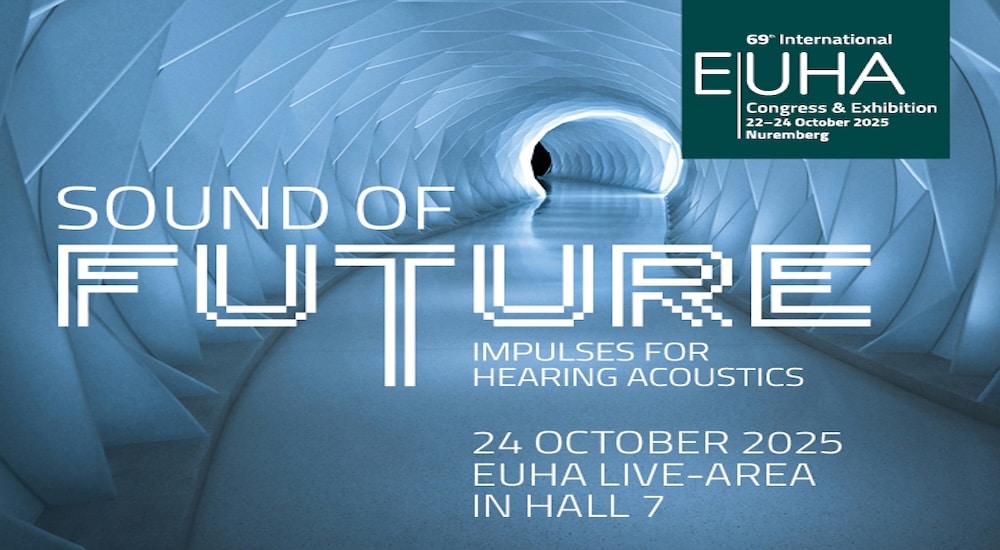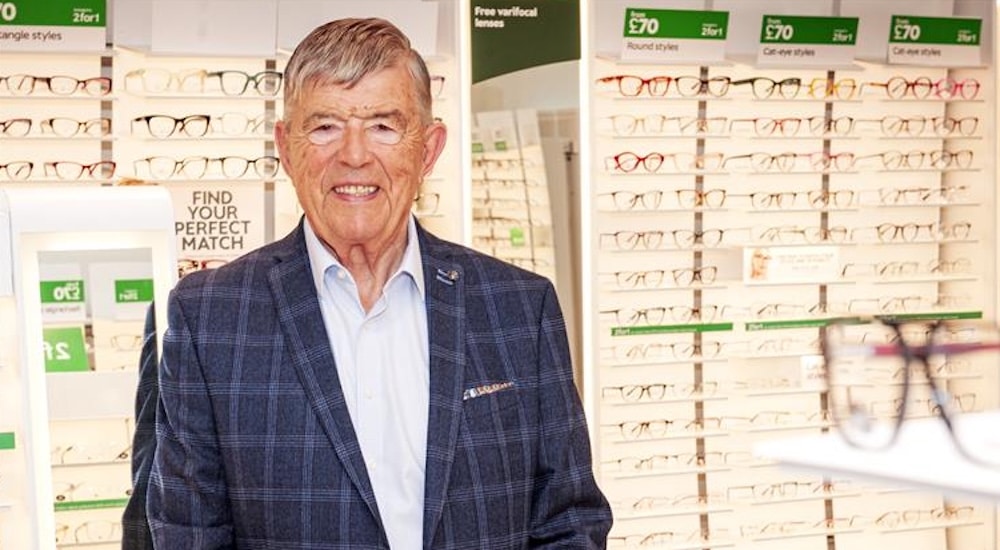Medicare - the land where angels (and audiologists) fear to tread
Reimbursement
AAA 2019 "The Best ofAudiology" must alsoembrace what for manyprofessionals is the worstof audiology, namely thecomplexity and stressof medicare.

A stellardebate at this conferencewill take a practicaland detailed look at theeconomic intricacies andrealities of the healthcarepayment systems debate.
If there is one badland thatUS audiologists enter at theirown risk, then it must be thearea of healthcare financeadministered by the munificent butinscrutable Medicare.
Signed into law by PresidentLyndon Johnson in 1966 to providea safety-net health insurance forthe over-65s, the scheme hasperplexed and tormented manyhearing care professionals obliged to engage with itfor patients from the most likely segment to presentwith age-related hearing loss, but for whom no coveris available beyond diagnostic evaluation services (in certain conditions); Medicare does not recognize agerelatedhearing loss as a chronic medical conditionand, therefore, does not pay for services related totreating that loss.
For some twenty years, US audiologists have pushed forchange to Medicare regulations, watching as patientsbeaten by the system’s bureaucracy and hearing aidprices either pay up or forego treatment altogether.There are now signs from both within and outsideaudiology that the timing could not be better forthe 2019 American Academy of Audiology’s annualConference to hold a bumper three-hour featurededucational session onAudiology and Medicare: Where Economic RealityCollides with Hearing Care(March 29, 15:00 – 18:00).

Immersed in studying this“dilemma” for audiologistsis the leader of the session,a past-president of theAcademy (2016-2017), IanWindmill. While also settingout to improve delegates’“understanding of what thisintersection of audiology andMedicare is”, the sessionanchor underlines that “our overall aim is to instructthe audience and provide them with the informationand data with which to make appropriate decisions,particularly with regard to being advocates for changein the system. Rather than just having an emotionalreaction we want it to be something that is evidencebased,as in ‘here’s what you really get paid, here’swhat you don’t, here are the impacts.’ Some see a fewMedicare patients, some see thousands; everybodycomes at it from their own box, so we want to give itthat broad perspective.”
“I don’t want dementia; I’d rather have a hearing aid”
Windmill appreciates how factors coming from differentquarters may now be bringing critical mass to thearguments of a “complex and curious debate”. Onesuch factor is the number of recent studies linking hearing disorders to systemic and socially sensitiveconditions, among them diabetes but also, perhapsmost crucially in recent papers, to cognitive decline,links seized upon across the audiology panoramafrom industry to campaigners such as Windmill, whorecognizes that “the issue about cognitive status ispart of the motivation for our session because of theemerging evidence there.”
“One of the things I would say outloud,” he affirms, “and I have noevidence to back it up, is that in thescheme of healthcare, hearing loss isnot scary; people live with it, peopledon’t die from hearing loss. Heartdisease is scary, and dementia isscary, but if you suddenly link hearingto dementia, it is now a treatment orprevention for a scary condition, somore people are going to becomeinterested. People then say ‘I don’twant dementia; I’d rather have ahearing aid.’”
“So we’re seeing these emerging groups that haven’treally been targeted before. Another group is in thechildren’s area, kids with attention disorders, andautism where you’re helping to focus better,” he adds.
Non-clinical skills are a key part of this year’s newinaugural event, the Audiology Career Enhancement(ACE) Symposium. “We’re thrilled that over 120 people have already registered,” enthuses Miller. “We arebringing in an improv group that works with businesses,attorneys, and outside healthcare to focus on non-clinicalskills to help audiologists grow as professionals andleaders. They really try to enhance your ability to thinkon your feet, so this is a hands-on opportunity I’m veryexcited about. We have great audiologists but I also thinkit’s important to learn from others.”
Timing right for debate as universal healthcare hits the campaign trail
One of the efforts to change laws specifically in favourof audiology involves the Audiology Patient Choice Actwhich, says Windmill, “is one of the initiatives that wehave been trying over the last 20 years to get throughCongress, and that’s still languishing on Capitol Hill.”
There are also now key elements of a national politicalbackdrop ahead of the 2020 presidential elections,with the cry of ‘Medicare for All’ once again provingsomething of a litmus test for Democrat candidates.
Meanwhile, a newly unveiled New Green Deal proposedby representatives of this party embraces the ideaof universal healthcare, no doubt encouraged by a2018 Reuters poll suggesting nationwide support for‘Medicare for All’ in the region of 70 percent (85%Democrats; 52% Republicans).
“This is definitely a national event that is going on nowand I think everybody is looking to see where that goes,and that could really change a lot of the conversationin audiology simply because ‘Medicare for All’ reallystarted embracing all these other issues such ashearing loss,” affirms Windmill.”
“The cry of ‘Medicare for All’ is fairly recent,” he adds,“and is really wrapped in this same kind of universalhealthcare system, with different iterations, cover frombirth to death, or buying into it, etc., as in the UK orScandinavian countries; some people support it, somepeople really don’t.”
Positions either side of this moral debate do not seemto have gained balance from the US being able tolook across the Atlantic at examples of governmentrunand taxpayer-funded national health systems orcitizenries given free therapy, surgery and, for example,hearing devices from the cradle to the grave. Thebattle is fiercely polarised,one extreme perhapsbest exemplified by theRepublican Senator forSouth Carolina LindseyGraham’s crusade againstthe USA ever having a national health service: “Don’tconsolidate all your hopes and dreams for your familyinto the arms of the federal government, because it’snot going to work. […] We’re going to go one of twoways in this country. We’re going to create a futurefor our children that they can actually afford. We’regoing to deal with a $20 trillion debt or we’re goingto pass it on to somebody else. And driving the debtis Medicare, Medicaid, Social Security, and intereston the debt. Somebody needs to deal with this.”
Read the rest of the article on the Audiology Worldnews AAA special issue (free-access flipbook):
Follow the congress on Twitter @AudioWorldnews.


